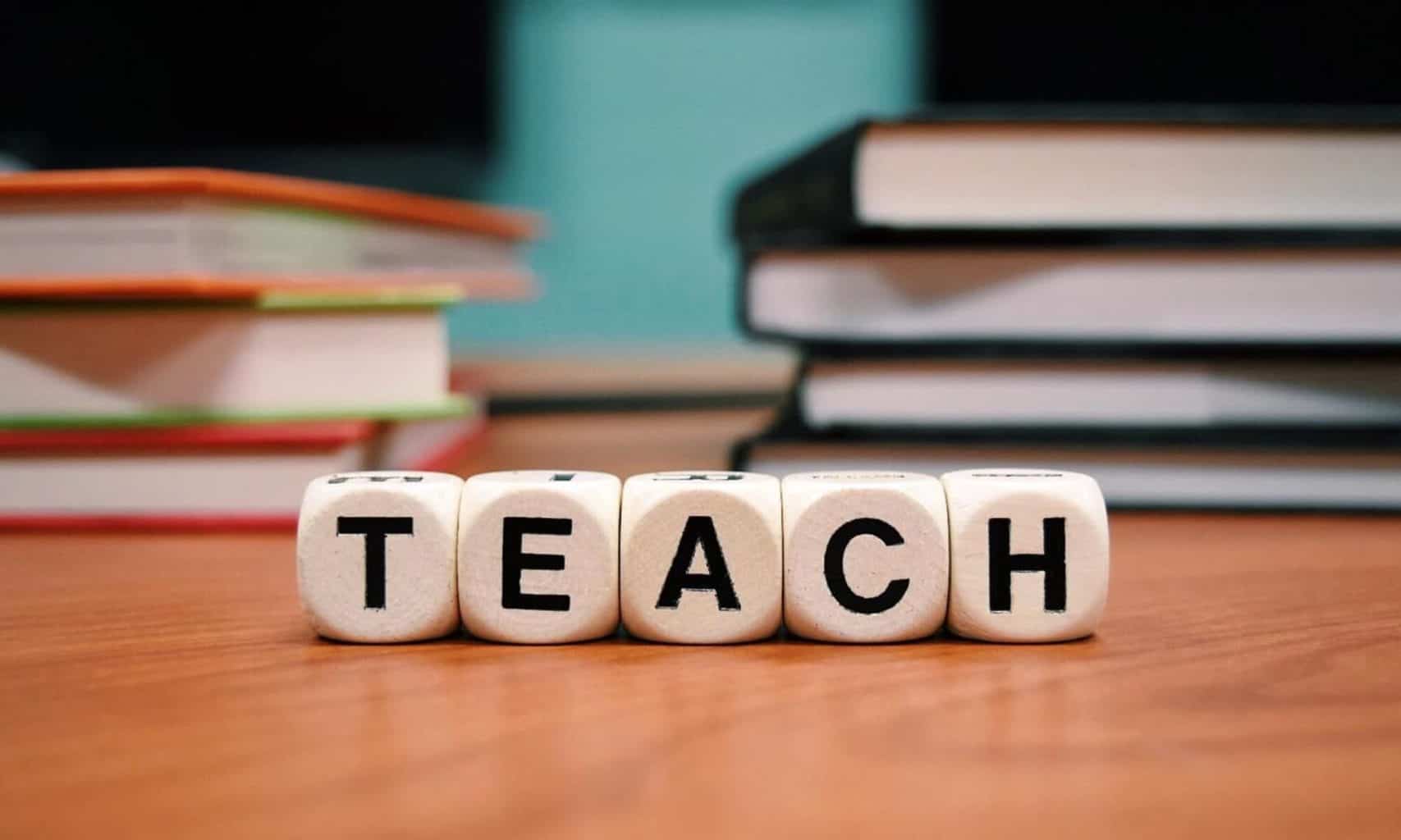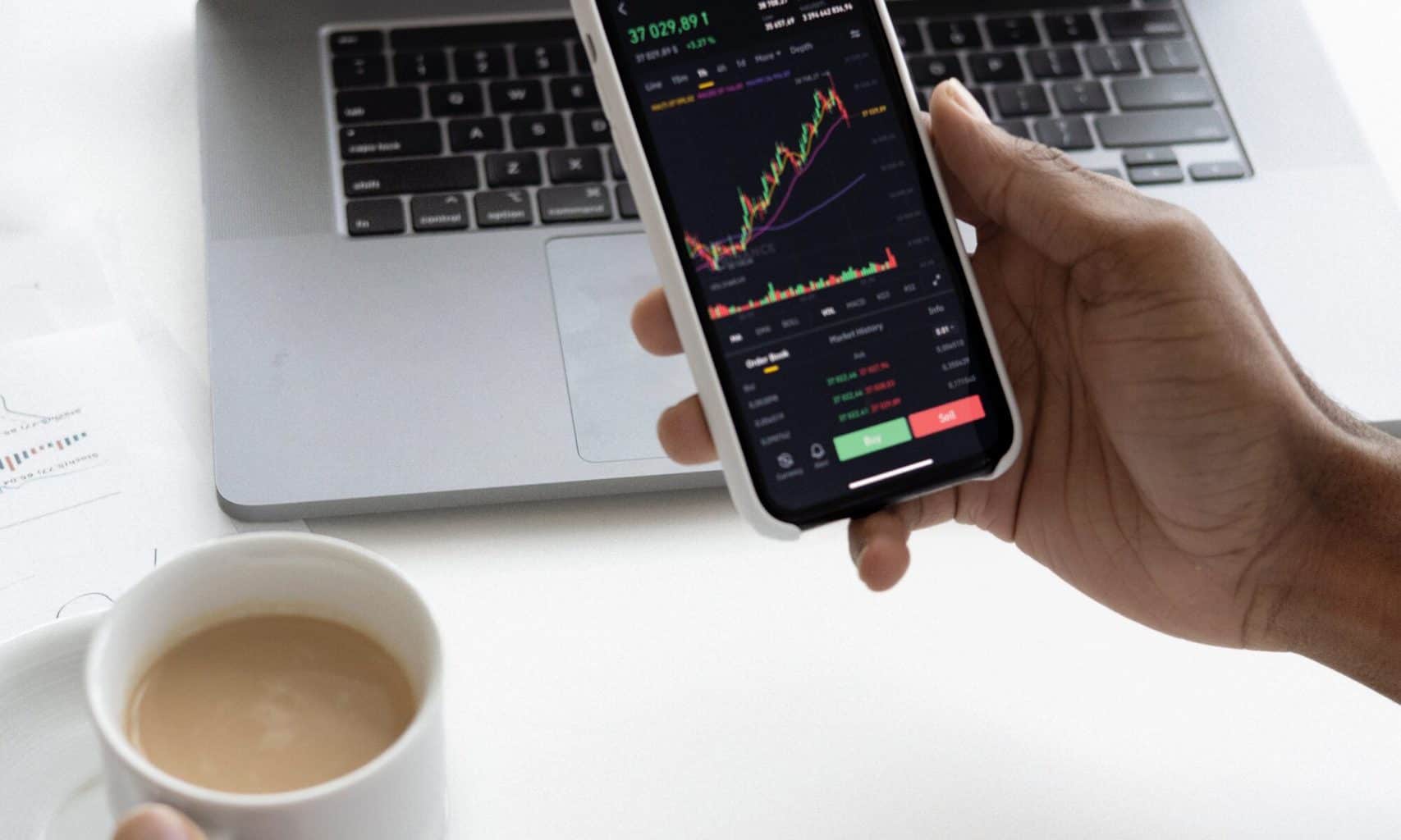Featured image by Anna Nekrashevich from Pexels
When I think of high school, among my most important classes was my AP Government class. The best way I could learn history, government etc… was both to explore the details that make up the subject as well as experimentation with how this subject can be used practically. My teacher, Mr. Yeager, would allow us to really delve into particular aspects of US structure and political science. Our goal in this class was to find ways to not just understand how these principles worked but how they could be experimented with and applied to our lives. One of our assessments was to give a Lincoln-Douglas style debate on a current political issue while exploring the history and details linked to the subject matter. I was interested in doing a debate on Gun Control/Gun Rights and he encouraged us to play devil’s advocate and argue for a side we didn’t necessarily agree with. This was during 2016 when tensions were high in the USA and I admire my teacher for giving us the chance to really explore how the political process worked and the human element that tied us together. Being able to see past political lines and just come together as human beings was something that stuck with me, and something I want to encourage in my classrooms to create a strong sense of community and belonging.
Another activity that really helped was when we studied the stock market and basic economics. We learned context information from our textbook that explored how the stock market formed and what it does economically. We were then tasked with following a particular company such as Apple or Microsoft and then seeing how the stock did over the next few days, weeks and months. All the while, we made predictions and were tasked with thinking like economists while making speculative guesses. We didn’t just study these subjects, we lived them and saw them working in action. This sort of practical application of knowledge was helpful for me as it helped abstract ideas become tangible concepts.
A final element of my teacher’s AP Government class was seen when he asked us to perform a mock trial. I was tasked as being a member of the jury and watching the arguments presented by a fake DA and a fake defendant with the teacher as the judge and moderator. Just before we had watched Twelve Angry Men and read about a series of famous trials in history. This sort of roleplaying exercise lasted a week. It was fascinating that even when the DA went off script with extra accusations while the defense improvised by bringing in new evidence that the teacher allowed us to continue with only occasional interruption to help stimulate a real trial. This worked because it all felt very real, not a fabricated simulation. We learned a lot about how court cases were managed, far more than we would have learned just from reading a book. The engagement came from personal stakes in what was occurring and how it could be witnessed in real life.
The lesson behind this post is the idea that in order to really explore something, it’s not enough to just absorb lots of information. It’s about applying the information and using it in practical ways. This is what adolescents will have to do as adults and I think that it is quite important to encourage exciting exercises like this in the classroom. This makes learning not only practical but something they can use for the rest of their lives.

